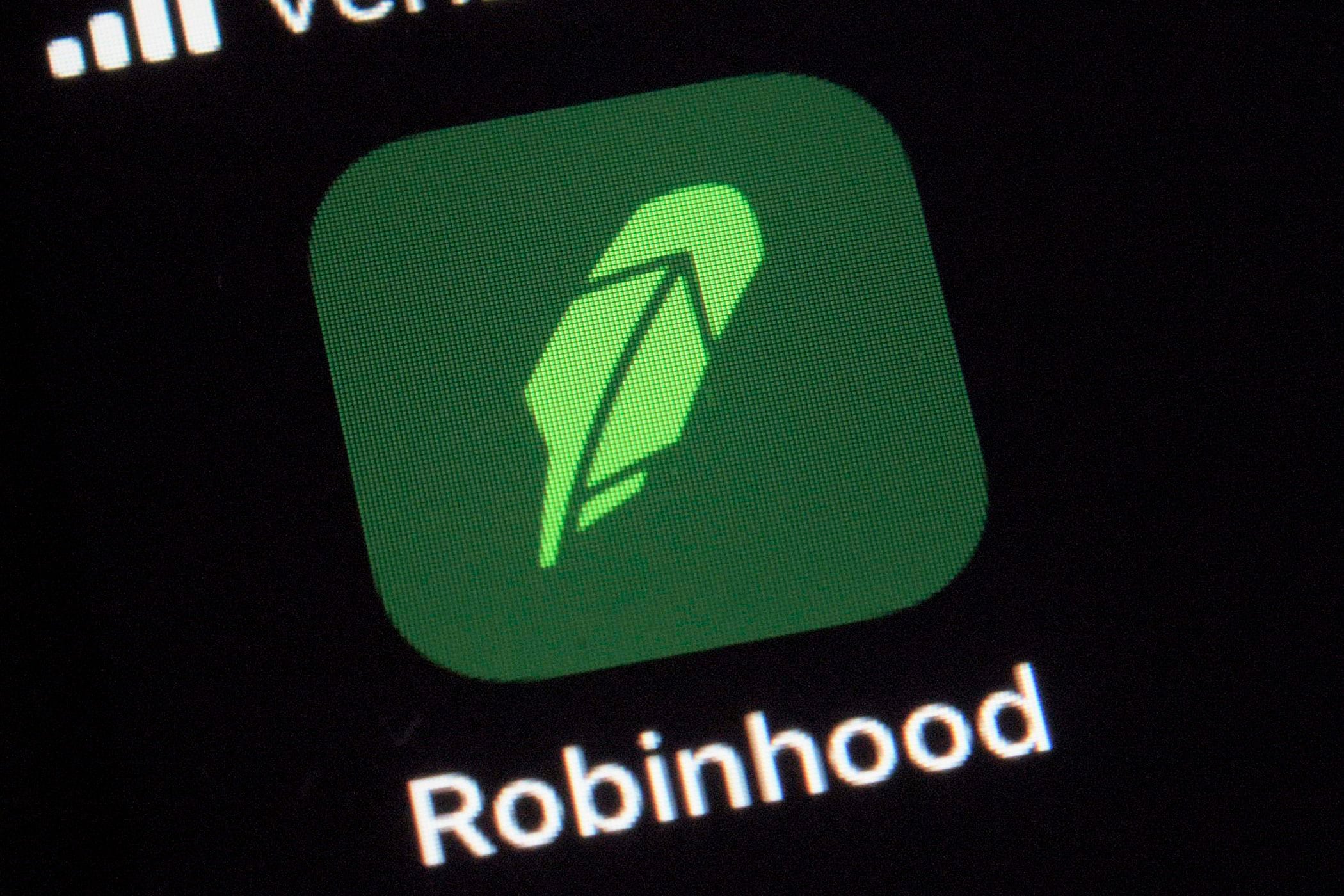Robinhood, the stock trading app that’s brought low cost investing and brokerage services to the masses, recently announced it had received a warning from the SEC. The subject? Its U.S. crypto business.
It came in a Wells notice (a document sent by the SEC to inform a company or person that they were involved in a completed investigation) on May 4, when the SEC staff told the company that it had made a preliminary determination to act. The culprit, according to the notice, was a violation of its registration as a broker of securities by Robinhood as well as a transfer agent. If you don’t know what this means, don’t worry, this is the crux of the problem that Robinhood faces — are cryptocurrencies securities or not?
But it’s not just Robinhood.
According to Yahoo! Finance, “the SEC has gone after a number of firms that let U.S. customers trade cryptocurrencies as part of a wide-ranging crackdown on the industry.” For instance, the SEC has filed a lawsuit against Coinbase, the largest crypto exchange in the U.S. The allegation? That Coinbase had been allowing transactions with specific crypto tokens the SEC considers securities. And given that the SEC stands for the Securities and Exchange Commission, these token trades would be placed under the SEC’s jurisdiction.
What the Notice Means for Robinhood
What does a Wells notice specifically mean? As Coindesk states, the SEC wrote to Robinhood that this “preliminary determination” of recommending the SEC file an enforcement action against them, is centered around violations of Sections 15(a) and 17A of the Securities Exchange Act of 1934.
Those violations deal with registration requirements for brokers and clearing agencies. Brokers and dealers, for example, are firms that buy/sell securities on behalf of the investors. Firms are, naturally, required to register with the SEC. They also have to join a self-regulatory organization such as the Financial Industry Regulatory Authority (FINRA) to make sure they stay compliant with the regulations of U.S. federal law.
The same applies to clearing agencies, or those entities facilitating the settlement of trades between buyers and sellers.
If the SEC is alleging that Robinhood is violating these sections, it could refer to failing to comply with registration requirements — or not meeting the standards set forth in the laws.
Robinhood appears ready to fight the issue, however, possibly with a civil complaint and a court proceeding. “We firmly believe that the assets listed on our platform are not securities and we look forward to engaging with the SEC to make clear just how weak any case against Robinhood Crypto would be on both the facts and the law,” said Robinhood Chief Legal, Compliance, and Corporate Affairs Officer Dan Gallagher.
But even if it does fight, the possible consequences could be a fine from the SEC, as well as a cease-and-desist order. Depending on the size of the fine, this could be a problem for Robinhood but is unlikely to seriously impact its business operations. However, it could mean curbing its ability to facilitate some or all crypto trades.
What’s Next for Robinhood and the Crypto World?
Anyone who’s interested in crypto has good reason to watch the situation closely. Robinhood is, after all, a popular app and brokerage for anyone who wants to start trading. If Robinhood’s ability to offer crypto trading is curtailed by the SEC, it could force crypto retail investors elsewhere.
Although the stock dipped on the news, it gained 2 percent later on in the day. This shows resilience in the stock and potentially its long term prospects as a crypto dealer. Given Robinhood’s stance on the Wells notice, it appears the company is digging in for a potential protracted battle with the SEC.









